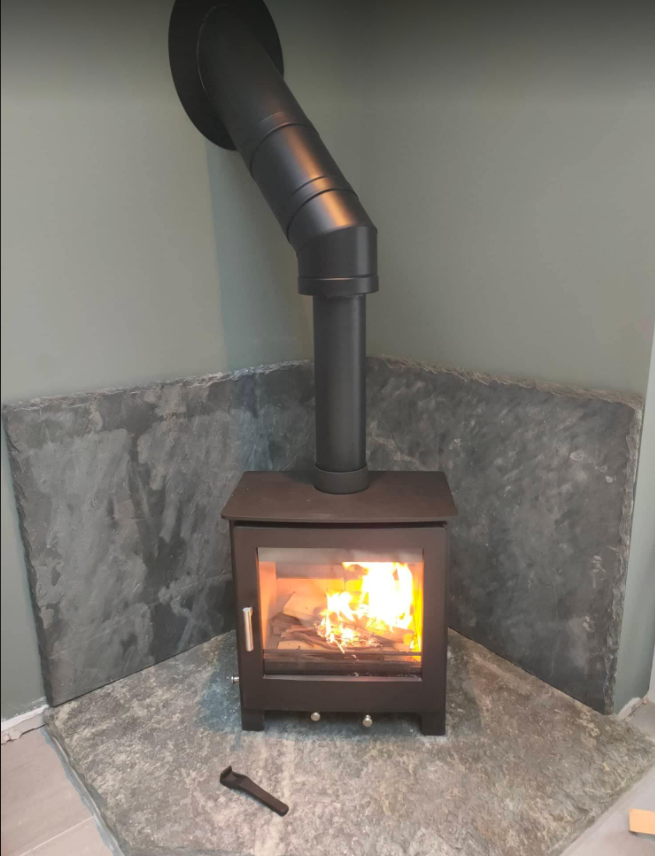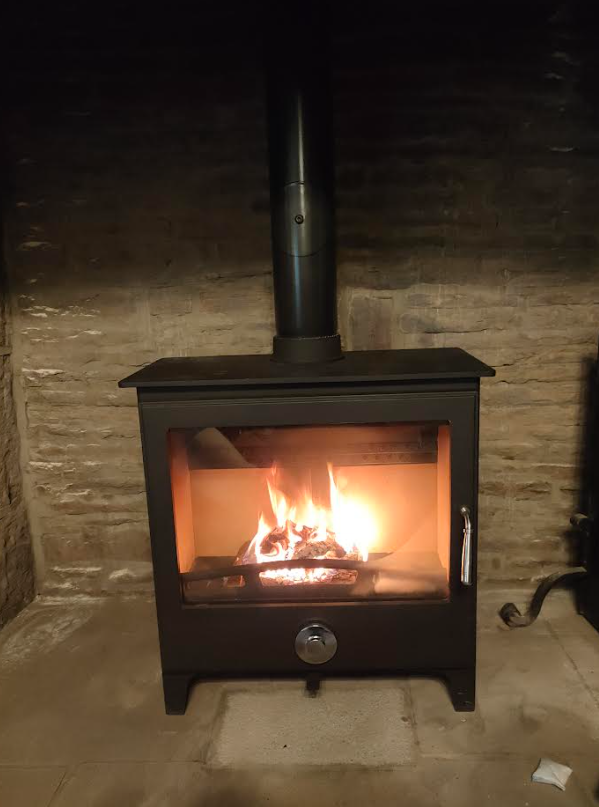Introduction
The Power of Solid Fuel Appliances: Why They’re Not Going to Be Banned: In recent years, there has been a growing concern about the environmental impact of various forms of energy consumption. As a result, discussions and debates have arisen about whether solid fuel appliances, including wood-burning stoves and coal-burning heaters, should be banned. While it’s essential to address environmental concerns, banning solid fuel appliances may not be the most practical or effective solution. In this blog, we’ll explore why solid fuel appliances are unlikely to be banned and why alternative approaches are more likely to be taken.
Technological Improvements
One reason solid fuel appliances may not be banned is the ongoing development of cleaner and more efficient technologies. Manufacturers are continuously working on improving the design and combustion efficiency of wood-burning and coal-burning stoves. These advancements reduce emissions and make solid fuel appliances a more environmentally responsible choice. Policymakers may opt to incentivize the adoption of cleaner technologies rather than impose bans.
Economic Considerations
The solid fuel industry contributes significantly to local and national economies. Banning solid fuel appliances could have a detrimental impact on businesses involved in their manufacture, distribution, and sales. Additionally, it could lead to job losses in these sectors. Policymakers are mindful of the economic consequences of such decisions and may seek alternative solutions that balance environmental concerns with economic stability.
Regulatory Measures
Rather than banning solid fuel appliances outright, governments are more likely to introduce and enforce stricter regulations. These regulations can include emissions limits, efficiency standards, and mandatory use of cleaner fuels. By implementing these measures, policymakers can mitigate the environmental impact of solid fuel appliances while still allowing their use.

Education and Incentives
Governments and environmental organizations are increasingly focusing on educating the public about responsible and sustainable solid fuel appliance use. They may also provide incentives for homeowners to upgrade to cleaner-burning stoves or retrofit existing ones. These initiatives promote behavior change without imposing bans.
Transition Periods
In cases where phasing out solid fuel appliances is considered, policymakers often opt for a gradual transition period. This approach allows homeowners and businesses time to adapt and make the necessary changes, such as switching to alternative heating methods or upgrading to cleaner appliances.
Conclusion
While concerns about the environmental impact of solid fuel appliances are valid, an outright ban on these devices is unlikely due to their economic significance. Instead, governments and policymakers are more likely to focus on technological advancements, regulatory measures, education, and incentives to address these concerns effectively. By promoting cleaner and more responsible use of solid fuel appliances.

